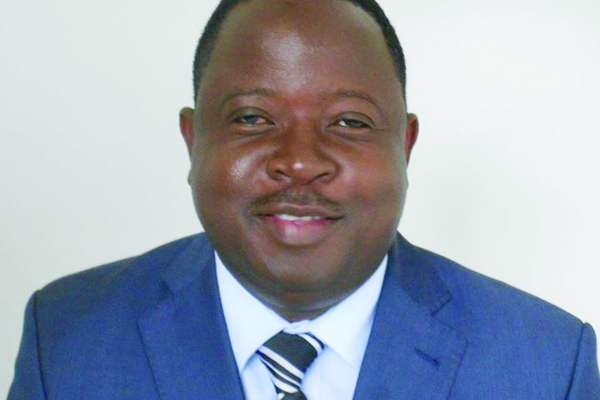
Otilia Urengwa (33) of Chipereve village, Zvipani under Chief Dandawa is a disabled mother of five.
BY NHAU MANGIRAZI
In 2005, she was involved in a car accident during which she both her legs were injured and she has been using walking aides ever since.
Like several hundreds of people living with disability, Urengwa’s world is in tatters in this rural outpost 65 kilometres west of Karoi town.
“Persons with disabilities face access barriers to service. As a breastfeeding mother, I am also affected. Those who are infected with HIV are suffering in silence,” she told NewsDay Weekender.
Urengwa’s predicament is fuelled by social and health implications, including impact of HIV and Aids among communities in Hurungwe and Zimbabwe at large.
Makisi Kofi of Hurungwe-based Seka Urema Wafa group confirmed that many of their members were shut out from mainstream community participation by relatives and community leaders.
“People living with disabilities are at times shut out by relatives. Once they are infected or affected with HIV, they become victims of family and societal neglect,” Kofi said.
- Chamisa under fire over US$120K donation
- Mavhunga puts DeMbare into Chibuku quarterfinals
- Pension funds bet on Cabora Bassa oilfields
- Councils defy govt fire tender directive
Keep Reading
He has been fighting a lone battle in Hurungwe where he is trying to raise community awareness on the rights of people living with disabilities, which include the right to health, food, water and education.
Community Working Group on Health (CWGH) executive director Itai Rusike admitted that HIV and Aids was a major “socio-economic issue” affecting everyone.
“The risk of HIV and Aids infection is worse for disabled people. Women bear the worst brunt of this pandemic,” he said.
Deaf Zimbabwe Trust (DZT) director Barbara Nyangairi concurred, adding that people living with disabilities faced many challenges.
“These can be physical; from lack of accessible infrastructure and communication barriers for the deaf and blind,” she said, adding that people with hearing impediments often struggled to access counselling and testing.
But Rusike said although they were advocating for major interventions around HIV and Aids prevention, care, support and mitigation, only a few programmes were targetted at disabled people as a “special category”.
“This is so because HIV and Aids services organisations either do not consider disability as their issue, while others say interventions are too costly, especially now where there is global recession. The disabled people’s social exclusion from the mainstream HIV and Aids services makes the situation worse,” he said.
According to National Aids Council (NAC) spokesperson Madeline Dube, coordination of the response to HIV amongst people living with disability has been longstanding.
“Such interventions are not occasional. They are ongoing processes and, with more support, we can do more,” she said.
Nyangairi said cultural, social, religious, economic and environmental factors also affect the disabled people as they do not benefit from programmes aslo meant for them. Rusike weighed in, saying myths and misconceptions fuelled stigma and discrimination, even among the disabled.
“It is important to carry out advocacy on disability and HIV and Aids as a national cause,” he said.
He said there was evidence of high levels of stigmatisation by communities due to both HIV and Aids.
“However, the disabled stigmatise each other over HIV and Aids and there are elements of self-stigmatisation among disabled. There is lagging attention to PWD who are HIV positive and lack care and knowledge,” he said.
According to Nyangairi, there was limited access to HIV and Aids information and utilisation of services like voluntary counselling and testing and orphans and vulnerable children affected by HIV and Aids as well as people with disabilities due to negative attitudes by service providers.
Nyangairi said it was important for policymakers and development practitioners alike to realise that with roughly 10% of the population living with one form of disability or another, there was need to seriously consider the disabled.
“Disability components must be built in all HIV and Aids development projects,” she said. Rusike also suggested there was need to revisit the approach to dealing with HIV and Aids to ensure the disabled were not overlooked.
“Disabled people are largely overlooked in efforts by the global development community to improve the human welfare and living standards of millions of the world’s poor people,” he said.
But for Urengwa and many like her, impact of HIV and Aids among the disabled remained severe, with no solution in sight.











